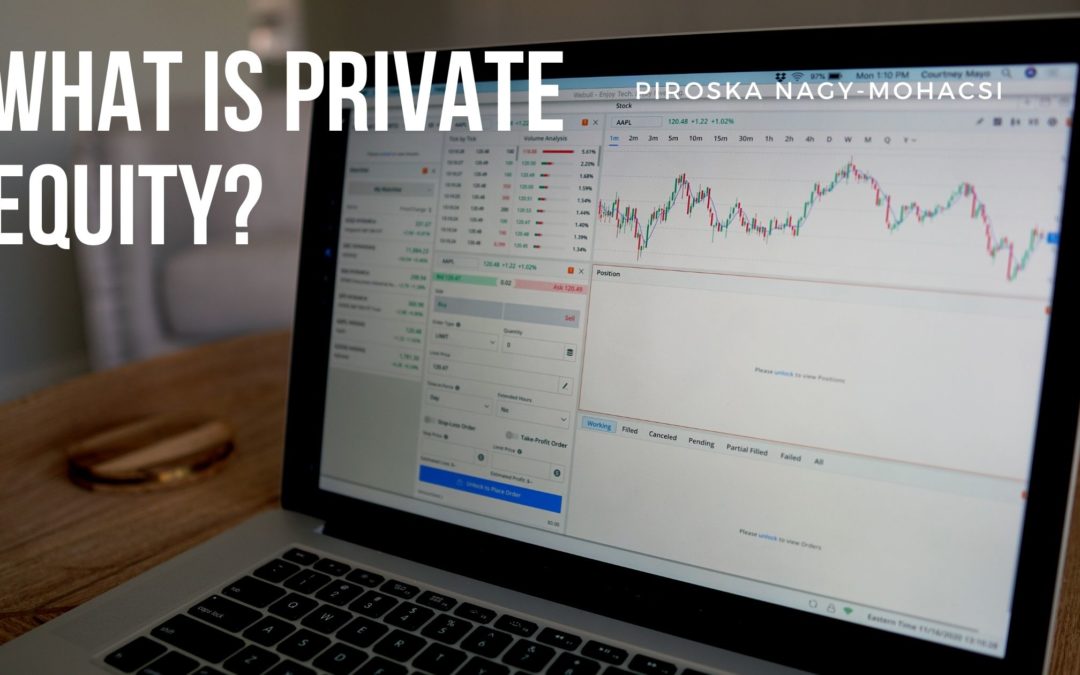Introduction to Private Equity
Private equity is an alternative asset class that involves investors placing their investments into private companies that are not listed on public exchanges. There are several ways for investors to become involved with private equity, whether through direct investment methods or indirect investment methods. There are many great opportunities that lie in private equity investments, but private equity must be approached with caution and understanding.
The Workings of Private Equity
Private equity is operated by larger firms and institutions that are able to pool money from accredited investors and institutional investors together. Private equity is typically compiled into a fund, where Limited Partners (LP) will own 99% of the shares of the fund and General Partners (GP) will own 1% of the fund’s shares. General Partners of a private equity fund have full liability of the investment, and Limited Partners have limited liability of the private equity investment.
Types of Private Equity Assets
There are a range of different private equity investments that are available for investors. The most common types of private equity investments are distressed funding, leveraged buyouts, real estate private equity, fund of funds, and venture capital. These different private equity investments are primarily split based on the assets that they invest in.
Turning a Profit
Private equity firms make profits primarily off of the management fees that they charge for the assets that they manage. Many private equity firms charge both management fees and performance fees. As a result of the profits that most private equity firms bring in, positions in the firms are highly sought after.
Advantages
Private equity is advantageous to both investors and companies, especially startup companies. Companies have access to liquidity for their ideas and operations as a result of private equity funding.
Disadvantages
Private equity holdings can be difficult to liquidate, making the investments risky for investors who need liquid investments in their portfolios. The costs of private equity investments are also not standardized, but rather negotiated.
Conclusion
The realm of private equity is a very prosperous opportunity for investors. However, as with most other investments, private equity has its own set of unique risks.
